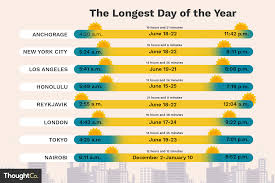Exploring the Big Bang Theory: The Birth of Our Universe

Introduction
The Big Bang Theory stands as a pivotal concept in cosmology, providing a comprehensive explanation for the origin and evolution of our universe. It not only shapes our understanding of astronomical phenomena but also challenges preconceived notions about space and time. As we venture further into the 21st century, the relevance of this theory grows, advancing our knowledge of how the cosmos came into being and continues to evolve.
What is the Big Bang Theory?
The Big Bang Theory posits that the universe began approximately 13.8 billion years ago from an incredibly hot and dense point, often referred to as a singularity. Following this initial expansion, the universe has been continuously growing. This concept is backed by substantial evidence, including the observable expansion of galaxies, the cosmic microwave background radiation, and the abundance of light elements such as hydrogen and helium that emerged shortly after the Big Bang.
Key Evidence Supporting the Theory
Several key observations bolster the Big Bang Theory:
- Cosmic Microwave Background (CMB): Discovered in 1965 by Arno Penzias and Robert Wilson, CMB is a faint glow left over from the Big Bang, permeating the universe and supporting the idea of an early hot state.
- Redshift of Galaxies: Edwin Hubble’s observations revealed that galaxies are moving away from us, indicating that the universe is expanding. The farther away a galaxy is, the faster it is receding, consistent with the predictions of the Big Bang.
- Abundance of Light Elements: The theory effectively predicts the proportions of hydrogen, helium, and lithium in the universe, which aligns with observations of elemental compositions in stars and galaxies.
Implications of the Theory
The Big Bang Theory has profound implications for various fields of science. It underpins our understanding of cosmology, influencing theories regarding dark matter, dark energy, and the ultimate fate of the universe. The fabric of time and space itself is said to have begun at this singular event, leading to intriguing philosophical and existential questions about our place in the cosmos.
Conclusion
As scientists continue to study the universe with advanced telescopes and technologies, the Big Bang Theory will remain a cornerstone of modern astrophysics. Understanding the origins of our universe not only satisfies human curiosity but also ignites further exploration into the mysteries of space. Its significance lies not only in what it reveals about our past but also in the discoveries it propels for the future. As research unfolds, the Big Bang Theory may evolve, paving the way for a deeper understanding of the universe we inhabit.









